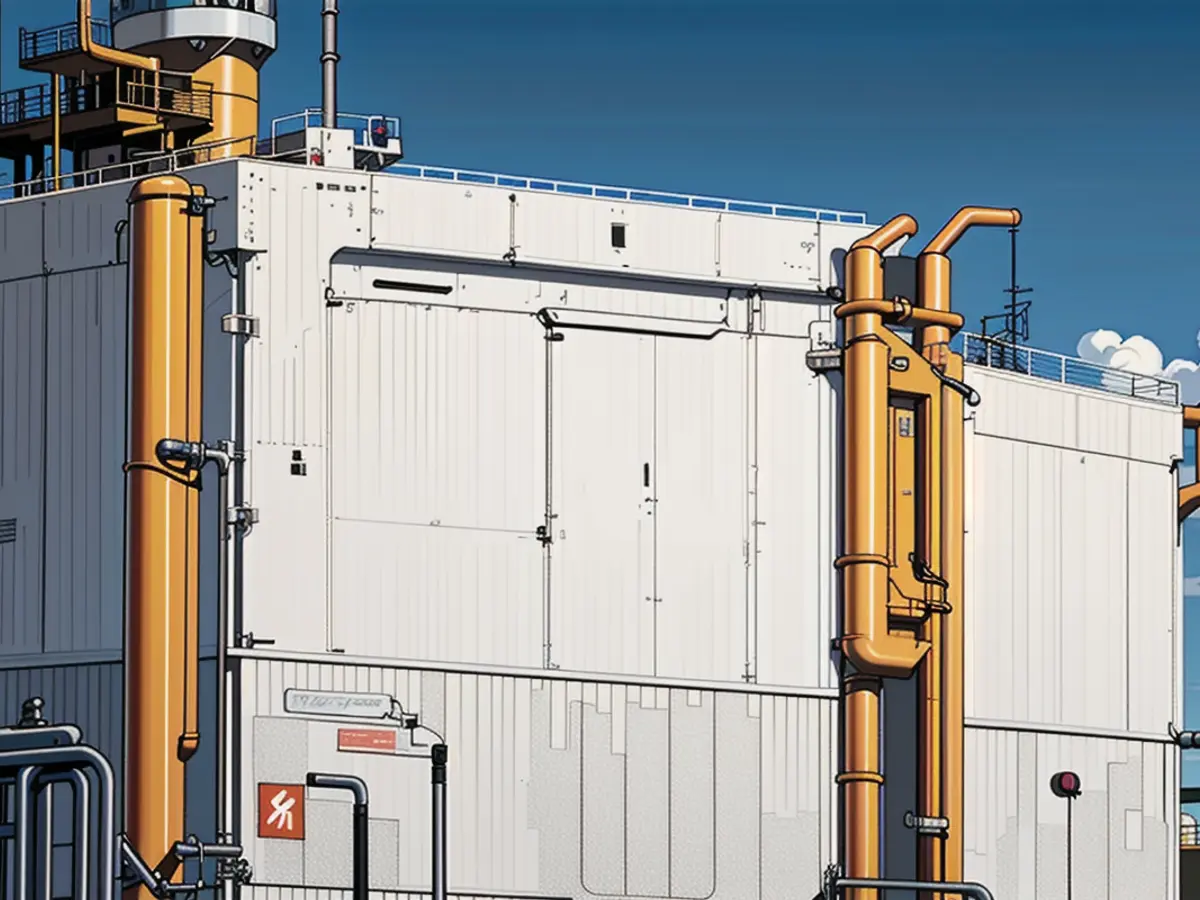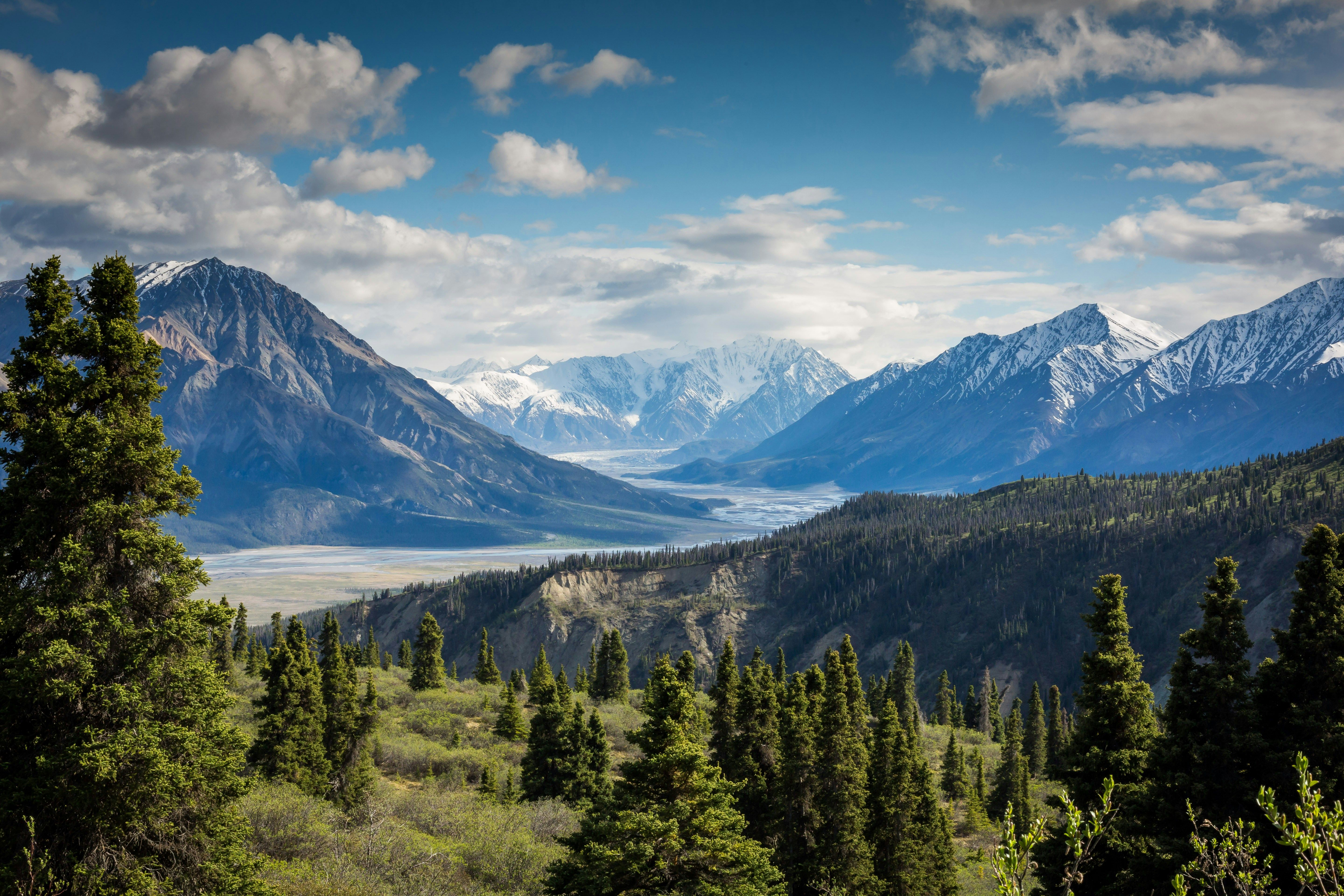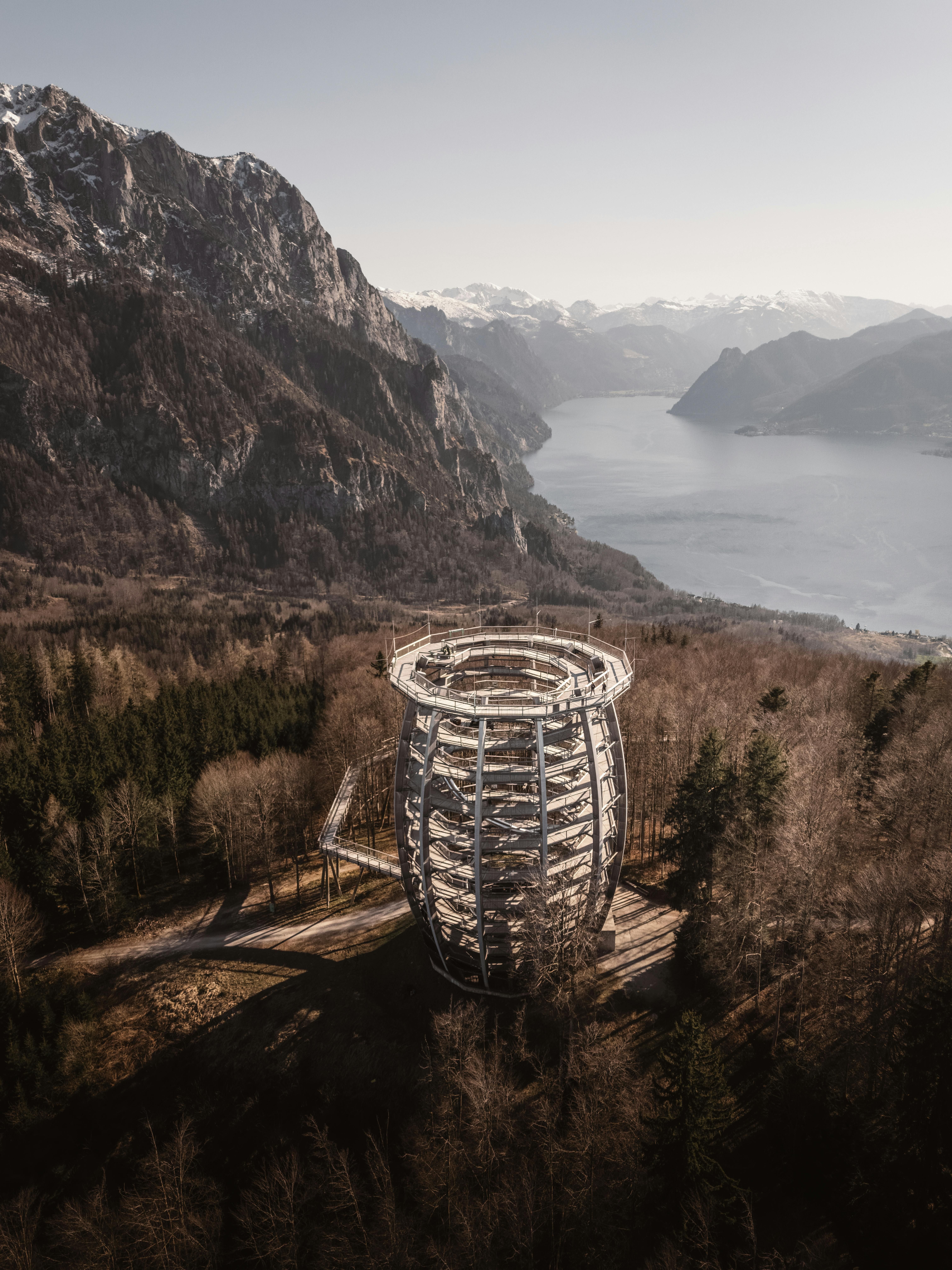Title: British Energy Warns of Depleting Natural Gas Reserves
In the UK, major energy company Centrica has sounded the alarm about remarkably low gas reserves. Cold temperatures and the conclusion of Russian pipeline deliveries through Ukraine have led to alarmingly low gas levels, with the company stating that demand can only be met for an eerily short duration. Despite these concerns, the British government remains composed.
Centrica, the parent company of Britain's largest gas supplier, British Gas, highlighted the issue, stating that unusually low levels have been caused by these factors. As of Thursday, UK gas storage was only half full, a 26% decrease compared to the same time last year. This leaves the country with less than a week's worth of gas demand, explained the energy giant.
The gas storage levels had already been below average in early December, and the holiday season only exacerbated the issue. Centrica noted that combined with skyrocketing gas prices, it was challenging to fill storage sites during the Christmas period.
Similarly, in other European countries, gas storage levels were at 69% as of Tuesday, down from 84% a year prior. This lack of storage capacity is problematic, particularly for the UK, which has far less storage capacity than countries like Germany, France, or the Netherlands.
"We're an outlier compared to the rest of Europe when it comes to the role of storage in our energy system, and we're now seeing the consequences of that," explains Centrica CEO Chris O'Shea. The UK's reliance on importing liquefied natural gas (LNG), primarily from the U.S., means it's in direct competition with other countries, especially in Asia and Europe.
The transit contract for Russian gas through Ukraine expired at the start of the year, as Ukraine opted not to renew it. Since the collapse of the Soviet Union in 1991, Russian gas has been shipped to Europe via pipelines through Ukraine, with Moscow earning money from gas sales and Kyiv earning revenue from transit fees.
Ukrainian President Volodymyr Zelenskyy justified not renewing the contract by stating it would deny Russia income for funding the war. Kyiv had previously announced that it would not renew the five-year contract between Gazprom and the Ukrainian gas company Naftogaz, which was signed in 2019.
The UK government remains confident, though, expressing that the country will have a sufficient gas supply and electricity capacity to meet demand this winter, thanks to its diverse and resilient energy system.
References:[1] "UK has 'less than a week' of gas supply left", BBC News, 2022-01-28.[2] "Centrica warns of 'critical situation' over UK gas storage", Financial Times, 2022-01-28.[3] "U.K Gas Storage Is Around Half Full, Centrica Says", Bloomberg, 2022-01-28.[4] "British Gas parent Centrica says UK has 'less than 7 days' of gas supply", Reuters, 2022-01-28.
Insight:The UK is tackling its gas supply issue by emphasizing the importance of increased energy storage capacity. The nation's gas storage levels are currently low, at about 50%, with less than a week worth of demand in reserve. This predicament is further aggravated by the country's compact gas storage capacity, which lags behind that of other European nations, such as France, Germany, and the Netherlands. To bolster energy security, the UK is heavily investing in renewable energy sources to minimize carbon emissions. However, its increasing dependence on global LNG imports, required to replace Russian pipeline flows, is pushing up prices and fostering market instability.
The UK government remains optimistic, stating their confidence in meeting winter demand thanks to the country's diverse and resilient energy system. Centrica, meanwhile, has recommended hydrogen storage as a potential solution to reduce energy costs and augment the UK's energy security in the future.
Centrica suggested that hydrogen storage could be a potential solution to reduce energy costs and enhance the UK's energy security in the future, given its compact gas storage capacity. Due to the low gas storage levels, the UK only had enough gas to meet demand for around five days as of Thursday, which is a 26% decrease compared to the same time last year.





